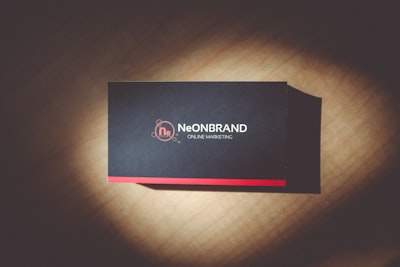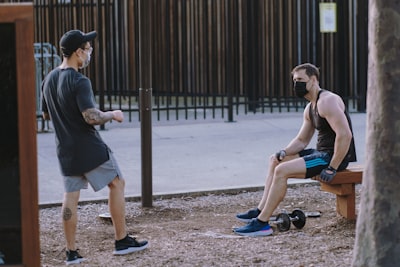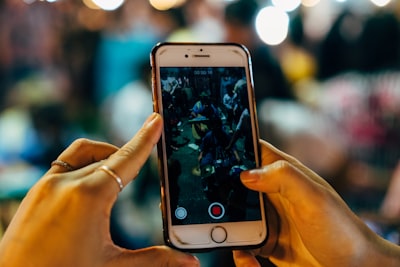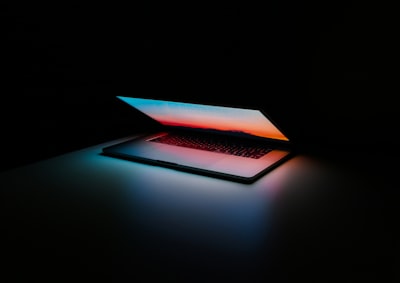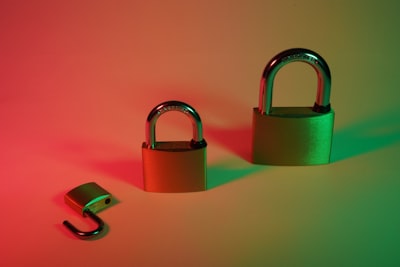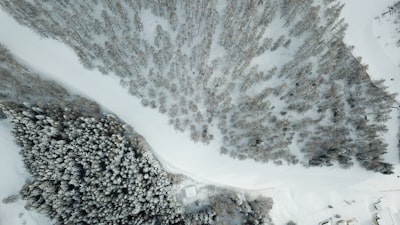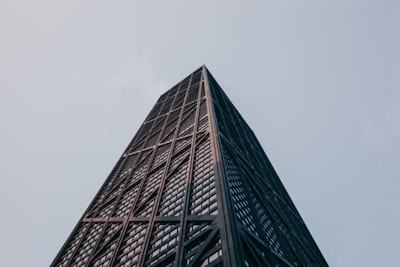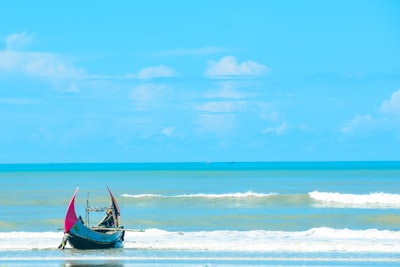It looks like our friendly overlords in big tech are here to save us once again. That’s right, the benevolent masters over at Google and Apple are now looking to to use your location data to piece together just how well everyone obeying the social distancing recommendations, and who has been exposed to the dreaded cerveza sickness.
Not to worry, though Apple have confirmed that the data they gather isn’t tied to any Apple ID, so they supposedly won’t know what each individual person is up to. That’s right, they pinky promise they won’t collect any more data than necessary. Ah, I feel so relieved. In all seriousness though, if the government wants to know who is running around town too much, and who we are meeting (and they certainly do), not only will they find out, but they’ll probably find out in secret.
So how does this tool work? The contact-tracing tool that Apple and Google want to create here would have your smartphone log when you’ve come into close contact with other people. If one of those people report symptoms to a health authority, your phone receives an alert about the diagnosis. That’s right, it essentially exchanges contact information with everyone you meet. No big deal!
Apparently, this solution makes uses of bluetooth signals. Of course, bluetooth signals can also travel through physical barriers, so the tool might well deliver contact notifications falsely, say for example if there’s a wall between two devices. That means you could get a notification about being exposed to the coronavirus when, in reality, you and the other person are in two separate apartments. No problem, it’s not like many people live in apartments.
Here’s the problem (well, one of them. We’re already misleading ourselves by over-consuming realtime data without any kind of context or sense of scale. Look at how badly we confused ourselves with the daily infection data. Not to mention, the tests themselves are still not completely accurate. This is going to be another, case of ever more panic because of big dumb data.
Moreover, you don’t fight pandemics with an opt-in smartphone update. An app can’t trace which surfaces you touch or who touched them before you. An app won’t make you sneeze into your elbow. An app won’t trace whether you had washed your hands before touching those lemons at the supermarket, nor if the person prior to you had done so. Life is not as absolute as a software developer might hope. The real world cannot easily be reduced down to simple events like some video game. At the moment, we see lots of simulations, visualizations and modeling of the virus spread, but as sophisticated as these might seem, they are crude guestimations, approximations, blunt renderings of the infinitely complex thing we call reality. The real world is not some video game where each interaction can be neatly translated into a point on a score board.
Technology exists on the level of the abstract; it doesn’t have as much of a bearing on the physical world as you might hope. Apps and data collection will not save the world, but they will destroy privacy, facilitate surveillance and enable an un-erasable life history on everyone. We are told that the contact tracing solutions are going to be opt-in. There is some debate about how many people might opt in to the tracking, but this is a moot point. If enough people don’t opt in (60% required), rest assured that they’ll simply fill in the gaps in adoption with other means. You can do the same thing with 4G carrier signal, or with all the other surveillance that your phone conducts 24/7.
For instance, you can incorporate the gyroscopic and accelerometer data from your phone. Used together, your phone can store your location and movements even if your phone is in flight mode. That data is transmitted to the cloud when you reenable your data connection. So if you think keeping your phone in flight mode while you’re out, that’s not going to keep you off the grid.
In addition, your phone also has a compass, a barometer (which collects altitude), both of which further help determine your location very accurately. Heck your phone even has biometric sensors can be used to collect your heart rate and your oxygen saturation. But hey, your smart phone is your friend, right? None of that data, even though it’ll be stored forever, will ever find its way into insurance companies, financial institutions or police databases. Right? Because there will never be a rogue developer at Google or Apple who would sell that data to anyone. Nope, cannot happen. It’s already possible to piece together your entire life, your connections, your habits, your whereabouts, your preferences, your health profile, your finances, interests, fetiches, kinks and quirks based on your data trail. You don’t need to volunteer any more data about you.
Leave your phone at home — you’ll feel better. There is no law that states that you have to surrender your data. Chances are, wherever you are, there is no law in effect that prohibits your from moving around freely outside. It’s amazing how quickly people bowed their heads in submission and effectively locked themselves up voluntarily. It’s the modern equivalent of the people carried their own suitcases to the freight trains in 1940’s Germany.
When it comes to privacy abuse, it really is sad how complacent we are. Not only that, but you are going to see people proudly proclaiming how they are being such good citizens, how they are celebrating the tracing technology. Also, look how quick people were to snitch on each other for the heinous crime of getting some fresh air!
People are still stuck in the mindset of government solving problems. It’s fascinating: suddenly, the government that insisted that there was no human-to-human transmission, that masks don’t work, that there is no need for restricting flights, for checking passengers — suddenly, that very government is going to solve it all if you just give them second-by-second data on the most intimate thing you can possibly give them: your data. The same government that allowed the NSA and CIA to collect your personal data; suddenly they can do no harm. The same corporations that shared your data with them suddenly work in your interest. Google, who recently acquired medical records by the millions in secret, now suddenly have all you best interests at heart!
What these new solutions do, is they permanently undermine your fundamental rights far more than they delivers value. It’s far more important that you don’t surrender your individual liberties, and don’t enslave yourself further to the big-tech-government complex. Don’t get me wrong, practice social distancing, wear a mask, wash your hands and do all of that, but don’t opt in to more surveillance. Preventing spread of disease happens by conscious choice and keeping your distance — it does not come from tracing every single individual in realtime and storing the data forever.
Because, they will never demobilize this technology. Do you think, in a year’s time there will be an update to disable the new location tracking features? No, when the power of the interaction data is discovered, it’s going to be used for even more purposes. Want to find out who the local weed dealer has been selling to? No problem. Want to find out how many people visited a local libertarian rally and who they were? Want to know who they were? No worries. Want to know who exercises their free will to visit a gun range frequently? No problem. Want to find out in realtime, when a person of interest is about to talk to a prostitute — that’d make a great photo op, even if she just asked him what time it was.
The point is, we need less data collected, not more. You are going to receive alarming notifications, because most likely, you will be in the proximity to someone who has had, has or is believed to have the virus. Symptoms or not, accurate test or not, you’ll meet someone. And that notification will have an effect on you — it’ll scare you into sitting at home even more. It’ll scare you into policing your neighbors even more. And it’ll make sure the economy continues to suffer. It’ll make sure 20 million unemployed becomes 40 million unemployed. But hey, who needs to work when you’re about to get free confetti money delivered to your bank account — who needs a real economy anyway?
No degree of extraordinary circumstances justifies more data collection. It’s precisely under the guise of safety that these new initiatives are rolled out. It’s an exception, it’s temporary, it’s for your protection only. We have to stop giving corporations and governments the benefit of the doubt. They don’t deserve it. This time is not different. Governments are always one step behind the curve in predicting developments, but one step ahead in subverting civil liberties. We don’t need Google, Facebook and Apple to save us, and they don’t need a single byte more of our data. Don’t be a fool with your digital identity. You only need to lose it once, for the record to be forever stored!
Supporters of taim.io.

